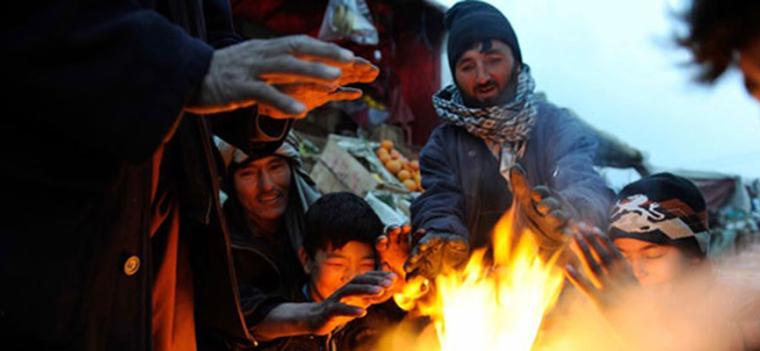News
- Reducing energy subsidies can have a substantial impact on the budgets of developing countries, but reform can be incredibly challenging for country governments
- ESMAP has created the Energy Subsidy Reform Facility to bring together experts from across the World Bank to assist country governments with the challenges of reform
- The Energy Subsidy Reform Online Community has now launched the Practitioner Exchange Series, beginning with "Households' Perspectives and Experiences with Energy Subsidy Reforms: Europe and Central Asia"
The total value of energy subsidies worldwide is large—estimated at US$493 billion in 2014—and widespread; in 2013 they exceeded one percent of GDP in 31 countries. There are several problems with energy subsidies, some more evident than others. They are a big drain on the public budgets of developing countries, crowding out other public investments. In addition, subsidizing prices usually leads to the overconsumption of energy. Where energy is imported, price subsidies can increase energy imports. Price subsidies for fossil fuels make renewable energy resources less economic and increase local pollution and greenhouse gas emissions.
Attempts to reduce or remove subsidies can be very challenging for country governments and, particularly if done suddenly and without the strengthening of social safety nets, can have a negative impact on the poor and vulnerable. Countries looking to embark upon energy subsidy reforms have highlighted the need for significant support in dealing with the complexity of this issue, particularly with regard to handling the political economy of subsidy and pricing reforms, communicating the negative impacts of subsidies and the need to reduce them, and designing specific solutions to mitigate the adverse impacts of reform on poor and vulnerable populations.
In response to this need, the World Bank’s Energy Sector Management Assistance Program (ESMAP) launched the cross-sector Energy Subsidy Reform Facility. With support from across the World Bank’s Global Practices, the facility has been able to offer engagement and assistance at all stages of reform. To date, the facility has assisted more than 20 countries in assessing and reforming their energy subsidies. Assistance to clients includes assessments of social, economic, environmental and political impacts of subsidies and their reform; support for consensus building through policy dialogue, consultations and communications strategies; design of approaches to subsidy reform, transition plans, improved subsidy delivery mechanisms and social protection measures; and hand-holding through the process of implementation. Clients in many countries have noted the usefulness of understanding how their peers in other countries have approached these reforms.
In response to this feedback, ESMAP launched the Energy Subsidy Reform Online Community (ESROC) . ESROC has established a network of government officials around the world to share experiences, knowledge, and expertise in reforming energy subsidies. Since its launch in April 2015, ESROC has grown to include 245 members from 38 countries. A series of webinars has been organized, during which government officials share experiences of an aspect of reform with other members of the community across the world through virtual connection with simultaneous translation in up to three languages. Recordings of these events, as well as blogs, knowledge materials, reports, and announcements of forthcoming events are posted on the ESROC online platform. The website is password-protected to ensure a safe and open environment for discussion. The page offers regional sub-groups available in Arabic, Russian, and Spanish.
In an effort to further disseminate the valuable knowledge exchange created within ESROC, ESMAP is launching the Practitioner Exchange Series. The series includes a set of six case studies, each discussing important aspects of subsidy reform from practitioners and experts around the world. The first installment in the series "Households' Perspectives and Experiences with Energy Subsidy Reforms: Europe and Central Asia" from Sophia V. Georgieva, is now available. Look for new installments to the series every two weeks.
Learn more about ESMAP Energy Subsidy Reform
